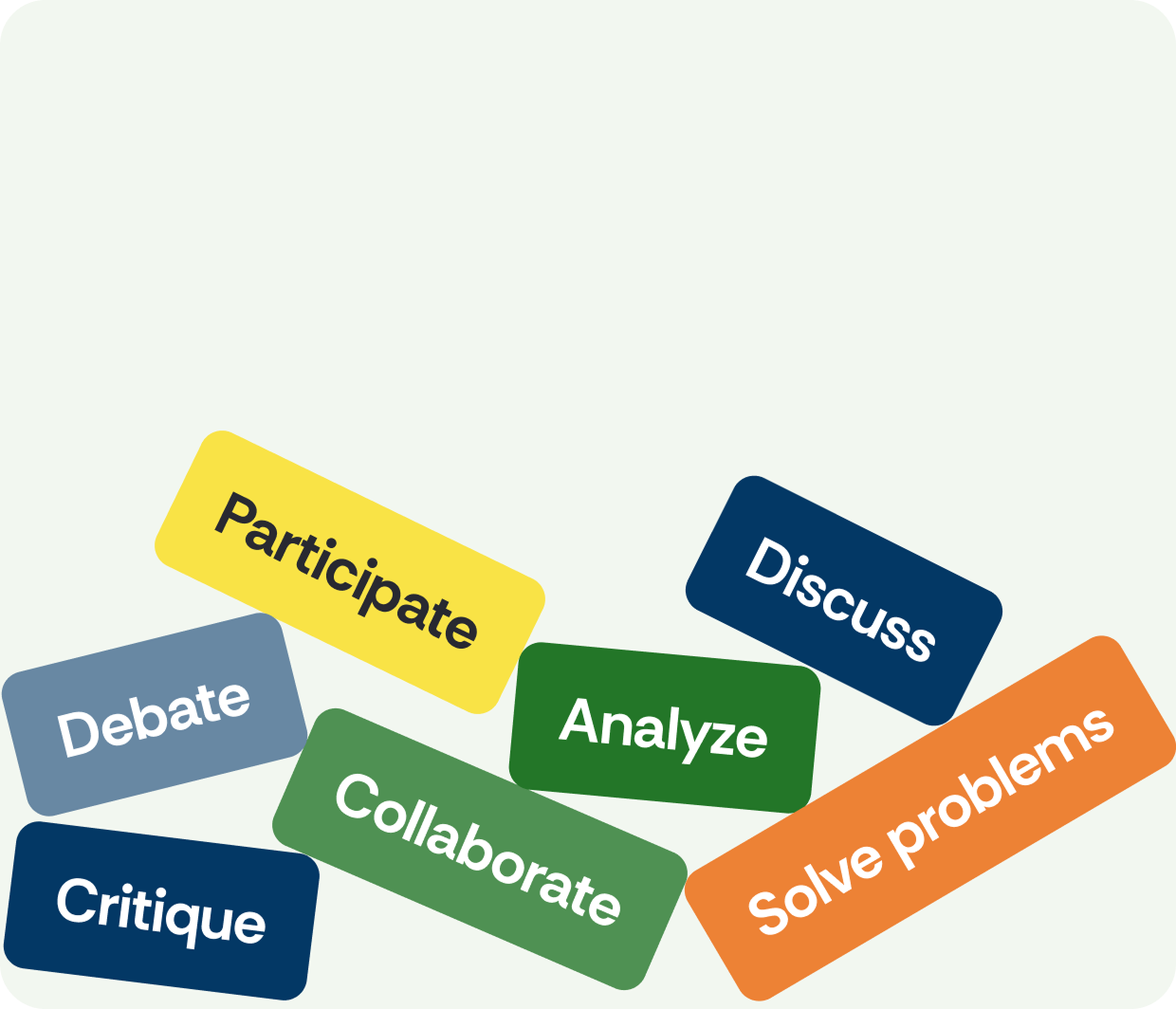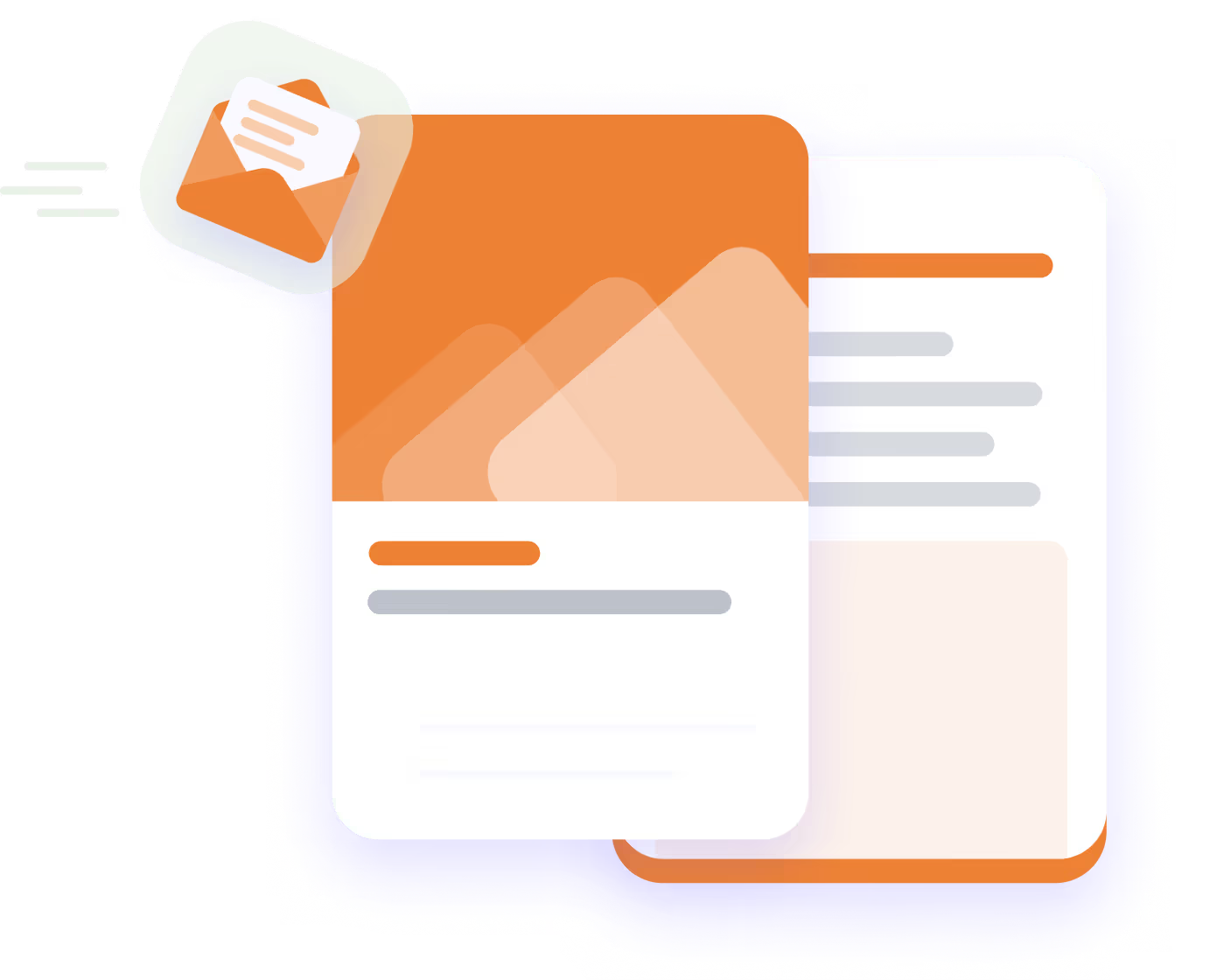Fostering Learner Engagement through Self-Assessment
In an era where generative AI is increasingly prevalent in higher education, especially in online programs, there is a pressing need to rethink how learners are assessed. This reassessment is crucial not only to limit the overreliance on these tools but also to promote deeper student engagement in the learning process. One promising approach to addressing these challenges is formative evaluation, particularly through self-assessment. By requiring learners to produce reflective, personal writing, the motivation to rely on generative AI diminishes, while their personal commitment to their education grows. Since self-assessment, as noted earlier, is formative in nature and not tied to formal grading, the temptation to use AI or engage in dishonest practices is further reduced.
In this session, The ESSEC team presents the implementation of self-assessment through FeedbackFruits in their flagship SPOC, “Diversity & Inclusion in the Workplace”, which has yielded high-quality results, showcasing a marked improvement in learner engagement compared to previous course iterations.


What you'll learn
Meet our speakers
With over 15 years of experience in education, Marion Marx has developed a comprehensive understanding of pedagogy, with a particular focus on digital learning. Her journey began as a classroom teacher and later evolved into online instruction. She has also worked in the corporate sector as a pedagogical advisor specializing in distance learning, before returning to higher education as an instructional designer.
Nadia Kelmouss has worked with several institutions across Toulouse and Paris, contributing to numerous projects as a digital learning designer. Her experience spans from consulting agencies and the corporate sector to Higher Education Institutions.
Preview here
Subscribe to our teaching insights newsletter


